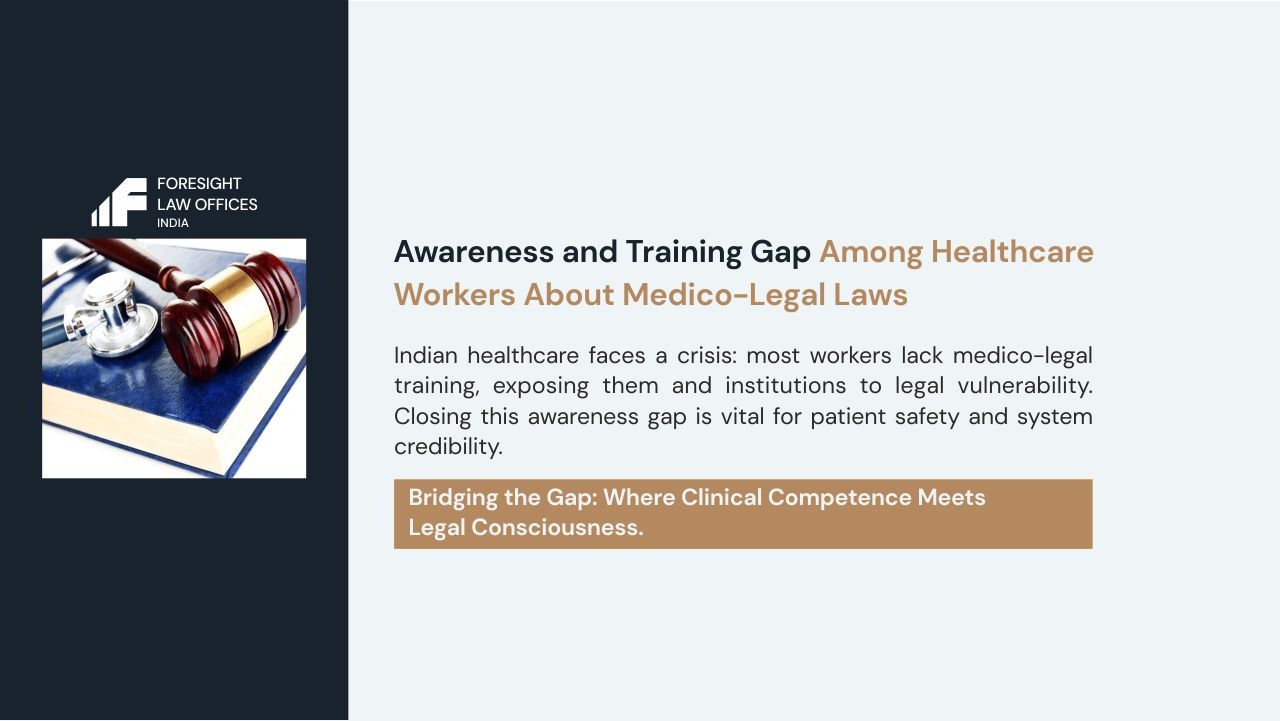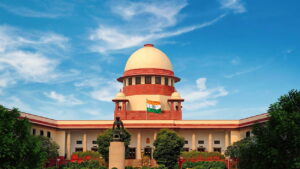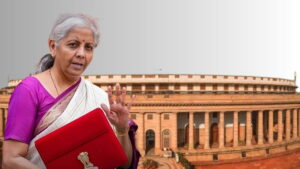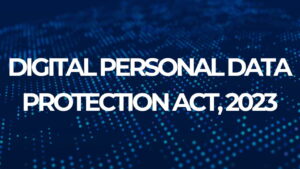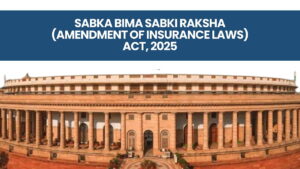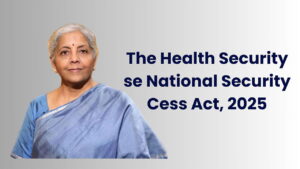In modern healthcare, legal knowledge is no longer optional, it’s essential. Doctors, nurses, and hospital administrators navigate a world of growing accountability, where even routine clinical actions can carry medico-legal implications. Yet, despite the rise in litigation and regulation, studies repeatedly show that India’s healthcare workforce remains undertrained in medical law. This gap in medico-legal awareness does not merely affect professionals; it directly impacts patient safety, institutional compliance, and the overall credibility of the healthcare system. For every healthcare worker, understanding legal duties is as important as mastering clinical skills. For every medical lawyer, it’s a call to bridge the knowledge divide between medicine and law.
The Current State of Medico-Legal Awareness in India includes recent surveys conducted across medical colleges and hospitals in India reveal a worrying trend: most healthcare workers, including doctors, nurses, and interns, have inadequate awareness of medico-legal obligations, reporting duties, and documentation standards.
Key findings from published research:
- A 2024 cross-sectional survey among resident doctors in North India found that over 65% had never received formal training in medico-legal documentation or patient consent law.
- Only 28% of nurses surveyed in tertiary hospitals knew the correct legal protocol for reporting medico-legal cases (MLCs) such as assaults or poisoning.
- In a 2023 study among final-year MBBS students, four out of five respondents admitted they were unaware of the provisions of the Consumer Protection Act, 2019, which directly governs medical negligence disputes.
- Less than 15% of practitioners surveyed knew their rights under the Medicare Service Persons and Institutions (Protection) Acts enacted by various states.
These statistics paint a consistent picture: while healthcare professionals are competent clinicians, they often remain ill-equipped to navigate legal processes, from documentation and consent to court appearances.
Why This Gap Exists
The reasons for this widespread medico-legal unpreparedness are multifaceted, reflecting both educational and systemic shortcomings.
1.Limited legal content in medical curricula
Most Indian medical and nursing curricula devote minimal time to medical law. In MBBS, medico-legal aspects are tucked under forensic medicine, often limited to postmortem reports and injury certificates. Practical understanding of consent, negligence, confidentiality, or duty to report remains neglected.
2. No structured training during internships or residency
Interns and postgraduates frequently handle medico-legal cases — from sexual assault exams to injury documentation — without structured orientation or supervision. This leads to inconsistent practices, documentation errors, and potential legal exposure.
3. Lack of inter-professional collaboration
Medical training rarely involves interaction with lawyers or legal experts. As a result, doctors seldom understand how courts interpret medical records, what constitutes “reasonable care,” or how medical lawyers build or defend a negligence case.
4. Fear of law rather than understanding it
A pervasive “fear of the courtroom” exists among healthcare workers. Many perceive legal procedures as punitive or adversarial, rather than protective. This stigma prevents them from engaging with medico-legal learning.
Institutional gaps
Hospitals, especially in the public sector, often lack legal cells, medico-legal committees, or regular legal workshops. This leaves healthcare workers to learn reactively, after a crisis arises. Real-World Consequences of Legal Unawareness
The consequences of poor medico-legal literacy can be serious, for individuals and institutions alike.
1. Faulty documentation
Improperly written medico-legal reports, incomplete injury certificates, and inconsistent consent forms frequently weaken defense in court. Judges often emphasize that “if it is not written, it is not done.”
2. Mismanagement of patient consent
Failure to obtain informed consent or misunderstanding its scope (e.g., proxy consent for minors, emergency exceptions) is one of the most common legal pitfalls for doctors.
3. Poor handling of sexual assault or poisoning cases
Inadequate awareness about mandatory reporting, chain of custody, or forensic documentation leads to the collapse of cases — and can expose the hospital to scrutiny.
4. Legal vulnerability and stress
When summoned by police or court, untrained doctors often panic, unaware of their rights and protections. Many avoid medico-legal duties altogether — indirectly harming access to justice.
Institutional liability
Hospitals without trained medico-legal protocols face consumer complaints, compensation orders, and reputational damage. Legal ignorance costs time, money, and public trust.
The Role of Medical Lawyers in Bridging the Gap
A medical lawyer or medico-legal lawyer plays a critical role in strengthening the bridge between healthcare and law. Their role extends beyond litigation — into education, compliance, and prevention.
- Training and sensitization
Law firms and medico-legal consultants increasingly conduct hospital workshops covering:
- Consent and documentation standards
- Duties in medico-legal cases
- Court summons handling
- Medical negligence law and recent judgments
- Rights and liabilities under state protection acts
Interactive sessions led by a medico-legal lawyer can demystify law for healthcare staff and promote confidence rather than fear.
2. Policy and documentation review
Medical lawyers help institutions draft legally sound consent forms, patient declarations, MLC templates, and confidentiality clauses. This ensures uniform compliance across departments.
3.Mock legal audits
Some hospitals now engage legal experts for “mock medico-legal audits” — reviewing case files, record maintenance, and communication protocols to identify vulnerabilities before an incident arises.
4. Legal representation and defense
When cases escalate, whether under consumer law, criminal prosecution, or professional misconduct allegations, medical lawyers defend healthcare workers, clarifying the distinction between human error and negligence.
5. Mediation and conflict resolution
Experienced medical lawyers also guide doctors in resolving disputes amicably, through mediation or institutional grievance redressal, avoiding adversarial litigation.
Strengthening Curricula: What Needs to Change
For genuine improvement, medico-legal education must become a core component of healthcare training — not an optional topic at the margins.
- Integration from the undergraduate level
Medical law should be introduced early in MBBS and BSc Nursing curricula. Core modules could cover:
- Legal duties of doctors
- Consent, confidentiality, and patient rights
- Consumer protection and negligence
- Documentation and record-keeping
- Role of courts and expert witnesses
- Laws on sexual offences, abortion, and end-of-life care
Interactive case studies and mock trials can make these topics engaging and practical.
2. Postgraduate and continuous education
Residency programs should mandate annual medico-legal workshops, ensuring every postgraduate understands their legal role in the clinical workflow.
Continuing Medical Education (CME) modules accredited by medical councils could include topics like:
- Updates on healthcare legislation
- Court judgments shaping medical practice
- Legal risk management in hospitals
- Cybersecurity and data privacy in health records
The Way Forward: From Fear to Empowerment
The intersection of medicine and law should not be a battlefield; it should be a partnership.
Healthcare professionals are not expected to be legal experts, but they must be legally literate enough to act prudently.
Here’s how the ecosystem can evolve:
- For medical councils: Mandate periodic medico-legal CME credits for license renewal.
- For institutions: Establish a legal helpline or on-call medico-legal lawyer to assist staff 24/7.
- For government: Integrate medical law in the National Medical Commission (NMC) competency-based curriculum.
- For professional bodies: Include medico-legal updates in conferences and journals.
- For law firms: Offer preventive law programs that educate, not just defend.
Conclusion
The gap in medico-legal awareness among healthcare workers is not merely academic, it’s a systemic vulnerability. Every poorly documented consent form, unreported injury, or missed MLC can become a legal flashpoint. As India’s healthcare system becomes more regulated and patients more aware of their rights, this gap must close.
Doctors and nurses who understand their legal duties serve patients better and protect themselves from avoidable litigation. Hospitals that train their staff in medico-legal standards are safer, more transparent, and more trusted.
Bridging this divide will take a collective effort, educators, regulators, and medical lawyers working together to create a generation of healthcare professionals who practice medicine not just with compassion and competence, but also with legal consciousness.

